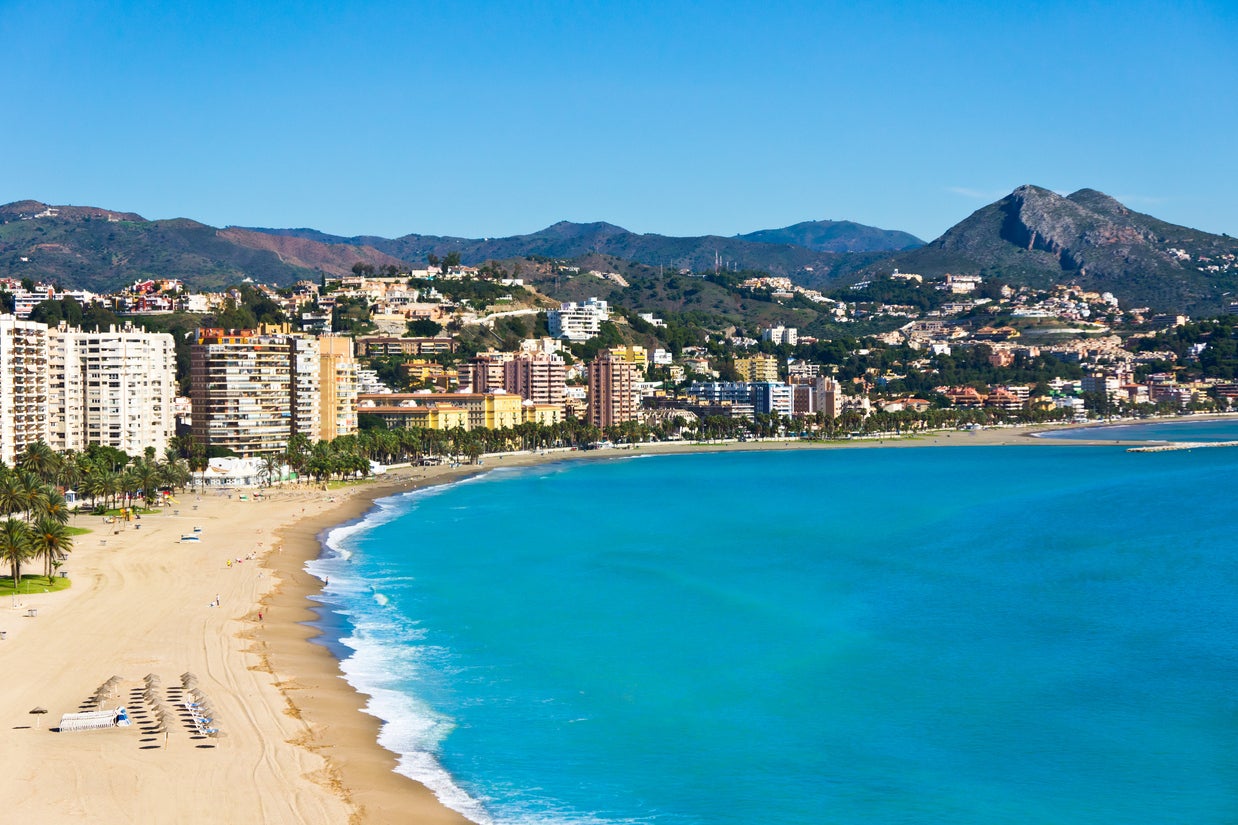Fake holiday sickness claims are ‘out of control’ from Brits in Spain
The number of false claims for gastric illness isn't subsiding

Your support helps us to tell the story
From reproductive rights to climate change to Big Tech, The Independent is on the ground when the story is developing. Whether it's investigating the financials of Elon Musk's pro-Trump PAC or producing our latest documentary, 'The A Word', which shines a light on the American women fighting for reproductive rights, we know how important it is to parse out the facts from the messaging.
At such a critical moment in US history, we need reporters on the ground. Your donation allows us to keep sending journalists to speak to both sides of the story.
The Independent is trusted by Americans across the entire political spectrum. And unlike many other quality news outlets, we choose not to lock Americans out of our reporting and analysis with paywalls. We believe quality journalism should be available to everyone, paid for by those who can afford it.
Your support makes all the difference.“A family of five who all get ill on holiday, they all self-medicate but don’t report illness or consult their GP”: according to a leading legal specialist, that is a typical gastric illness claim.
As the summer holiday peak approaches, travel firms are looking anxiously at the number of holiday sickness claims arising from all-inclusive holidays and cruises.
As The Independent has reported, touts have moved in to popular resorts, promising holidaymakers payouts running into thousands of pounds and coaching them about the “evidence” they need to support a claim.
UK-based firms are also cold-calling individuals and telling them, falsely, that “a fund has been set up to compensate for deficiencies in hotel hygiene".
Since claims-management companies became involved in holiday sickness, there has been a 50-fold increase in the number of cases — many of which are regarded by the travel industry as fraudulent.
“It is out of control,” said Maria Pittordis, Head of Marine, Trade and Energy for the Hill Dickinson law firm. “It doesn’t seem to be subsiding.”
The surge in claims has resulted from a clampdown in legal costs that can be recovered from personal injury claims, particularly whiplash, in the UK. Costs for claims for injuries or illnesses abroad are not capped. In a case with an award for £5,000 in damages, costs can amount to £25,000.
Ms Pittordis said holiday firms and hotels are partly to blame, for being too hasty to settle. Speaking at the Abta Travel Law Seminar in London, she said: “When the claims first started coming in after the changes to the civil procedures rules, the attitude was ‘We’re not going to get our costs if we fight them, let’s settle it’.
“The early reaction of paying them all was a mistake.”
Ms Pittordis said: “It’s become worse with social media. They post that there is a problem at a particular hotel, even though there isn’t.”
But she said that Facebook can be a good way to debunk false claims: “Some people don’t know about personal/private settings. When you see all their holiday snaps that can be very helpful, if they say they have been in bed all day.”
The Foreign Office warns holidaymakers in Spain: “You should only consider pursuing a complaint or claim if you have genuinely suffered from injury or illness. If you make a false or fraudulent claim, you may face legal proceedings in the UK or Spain.”
But Ms Pittordis said: “I’ve only ever been involved in one case when the judge asked for a fraudulent claimant to be reported — and that was to stop her claiming disability allowance, not to the police.”
Join our commenting forum
Join thought-provoking conversations, follow other Independent readers and see their replies
Comments